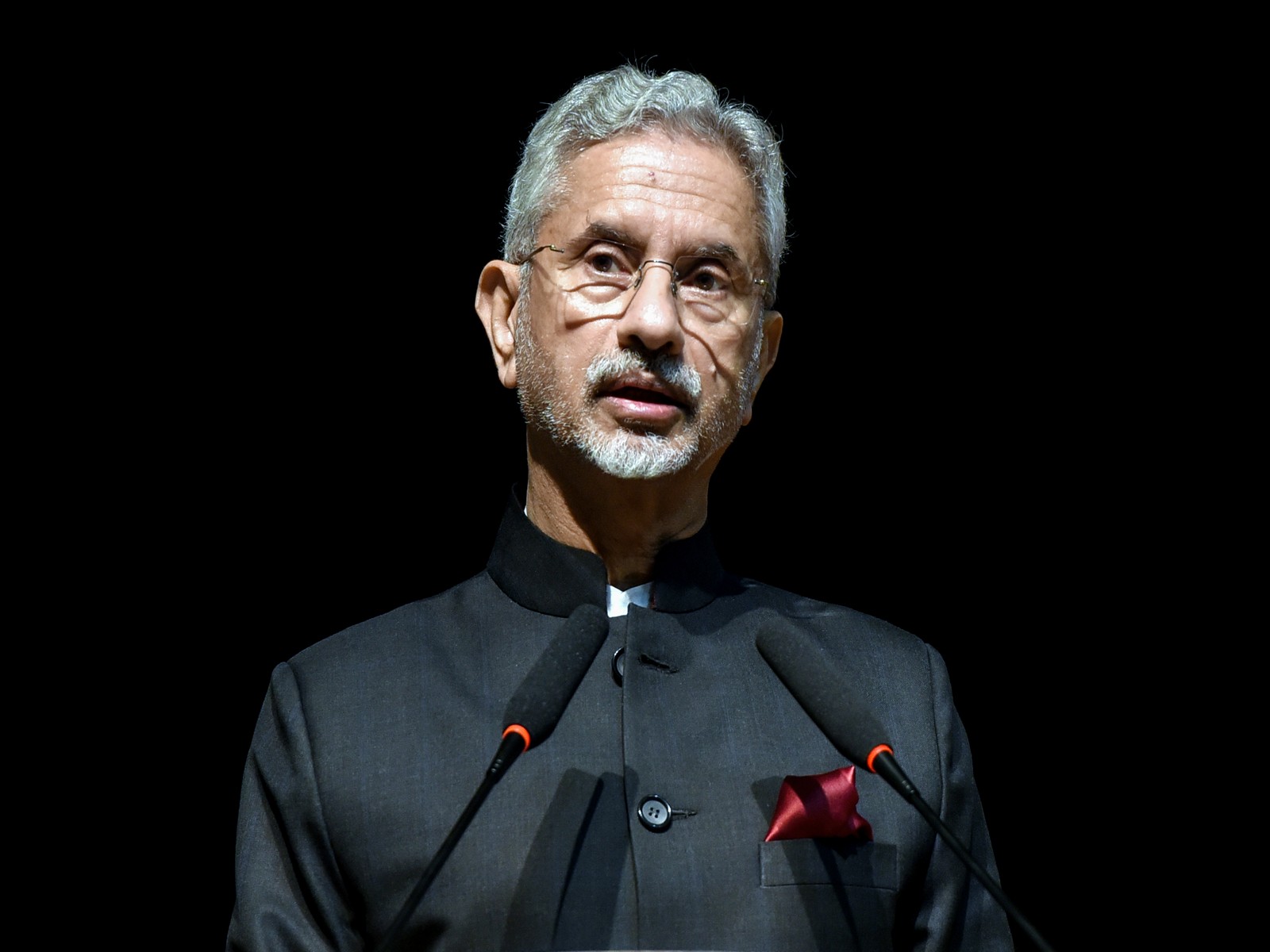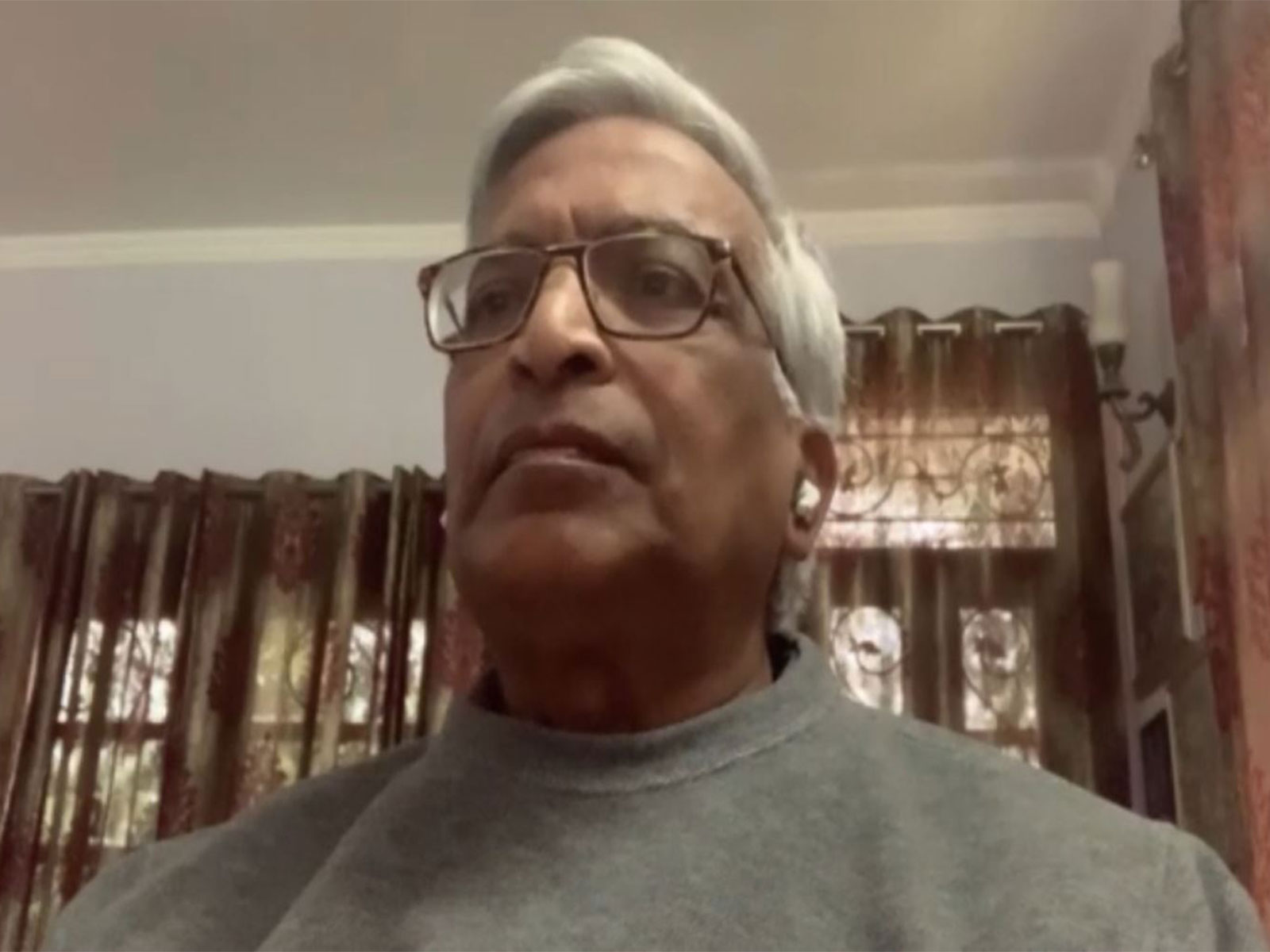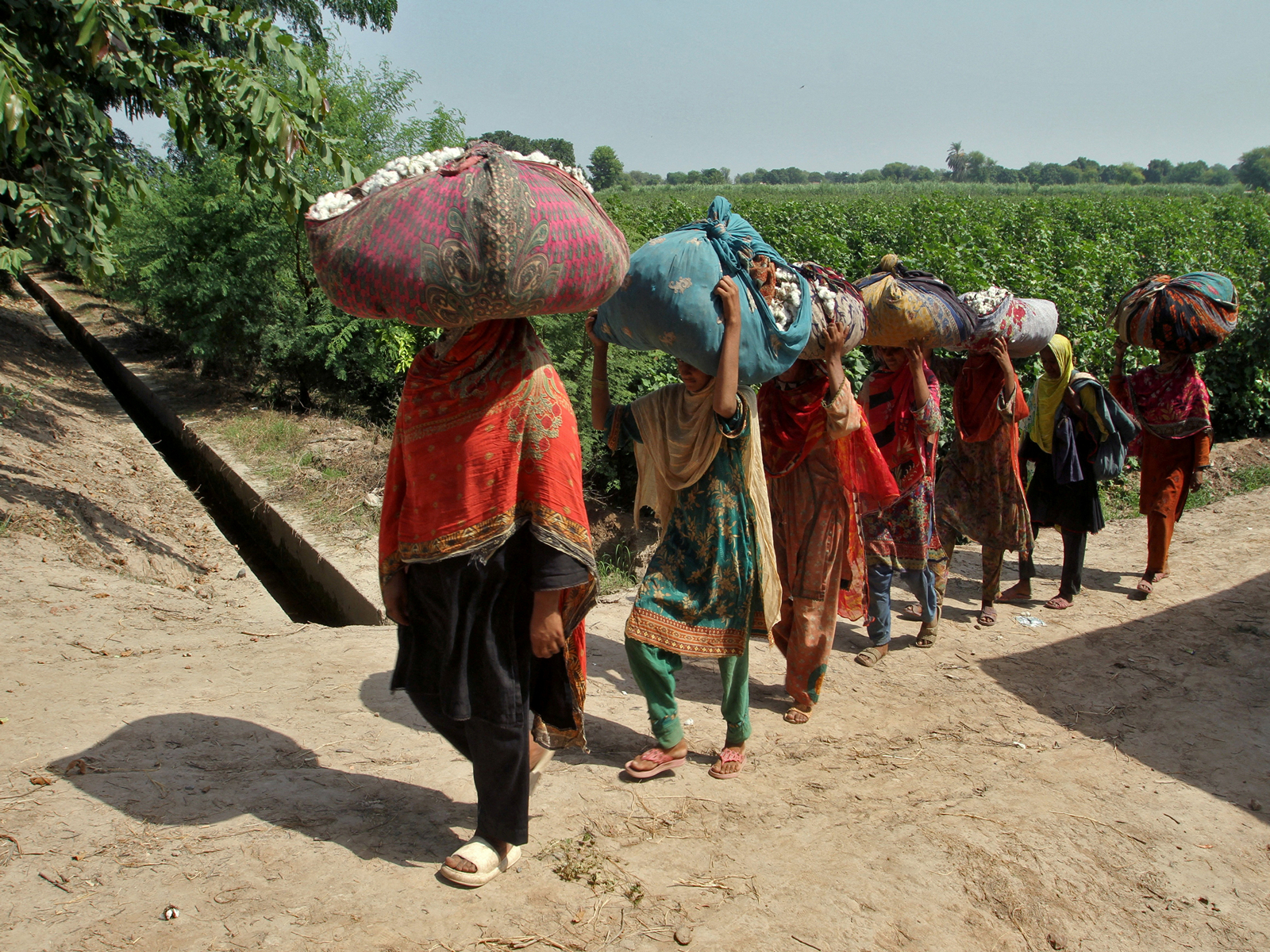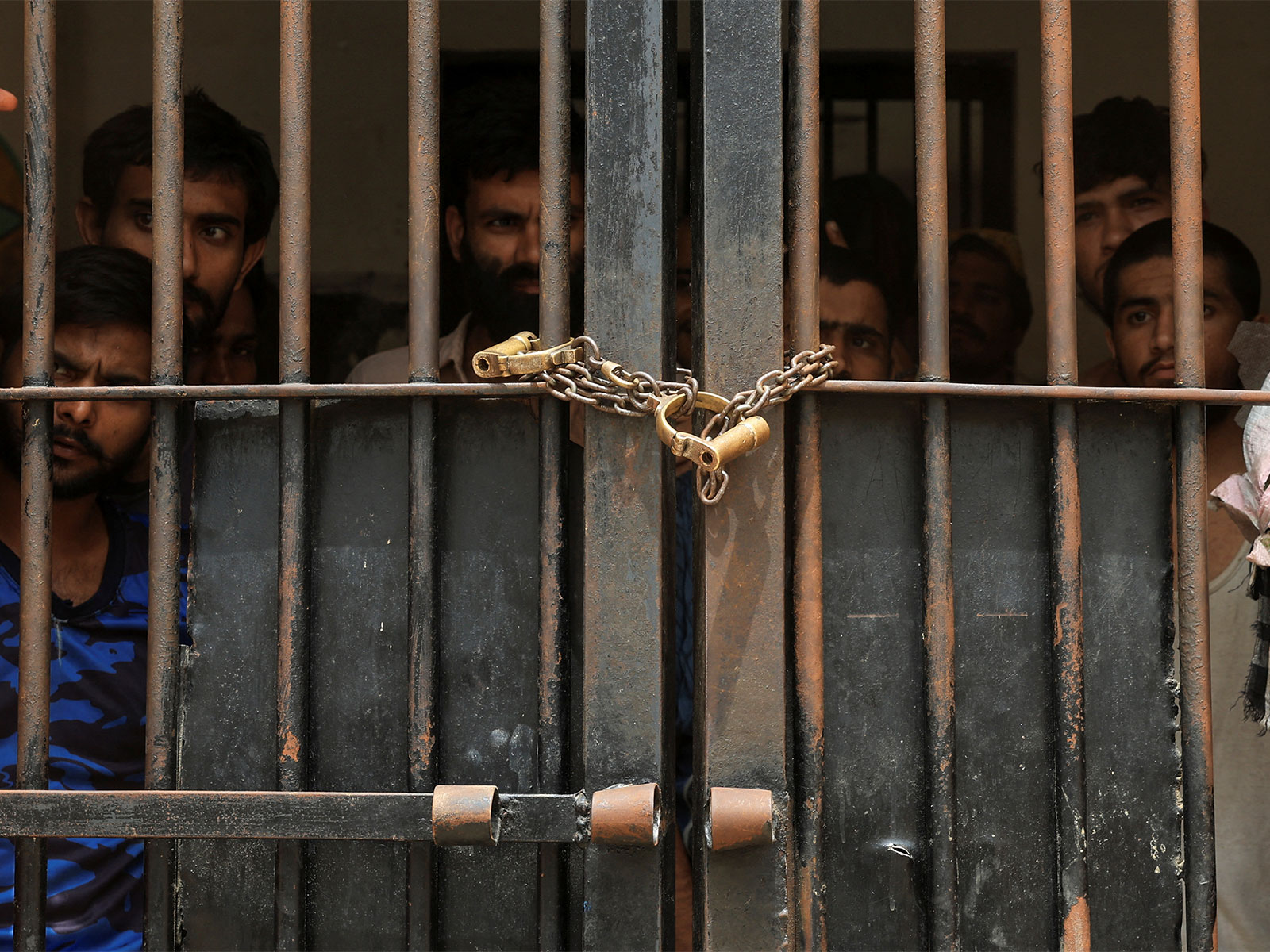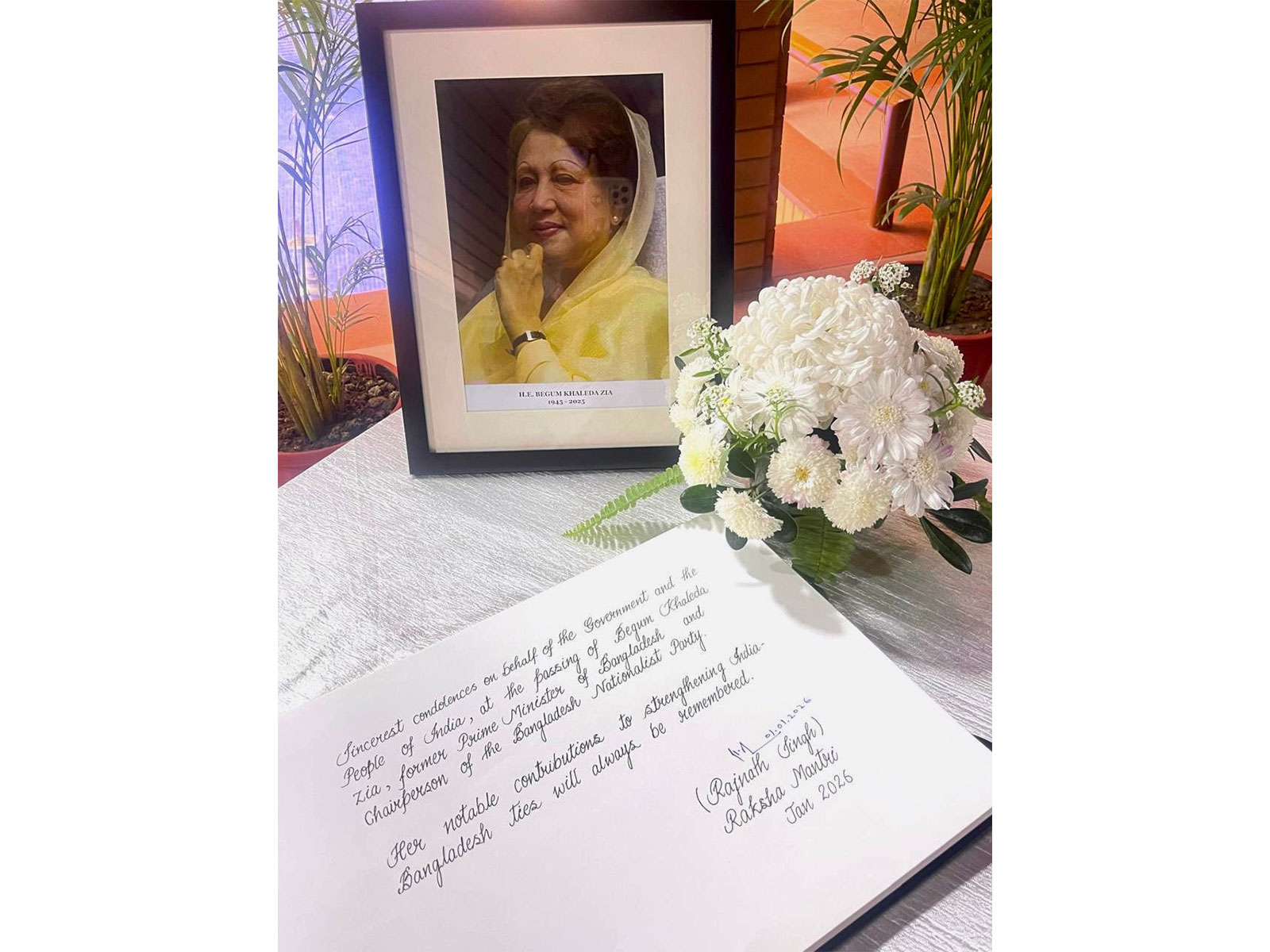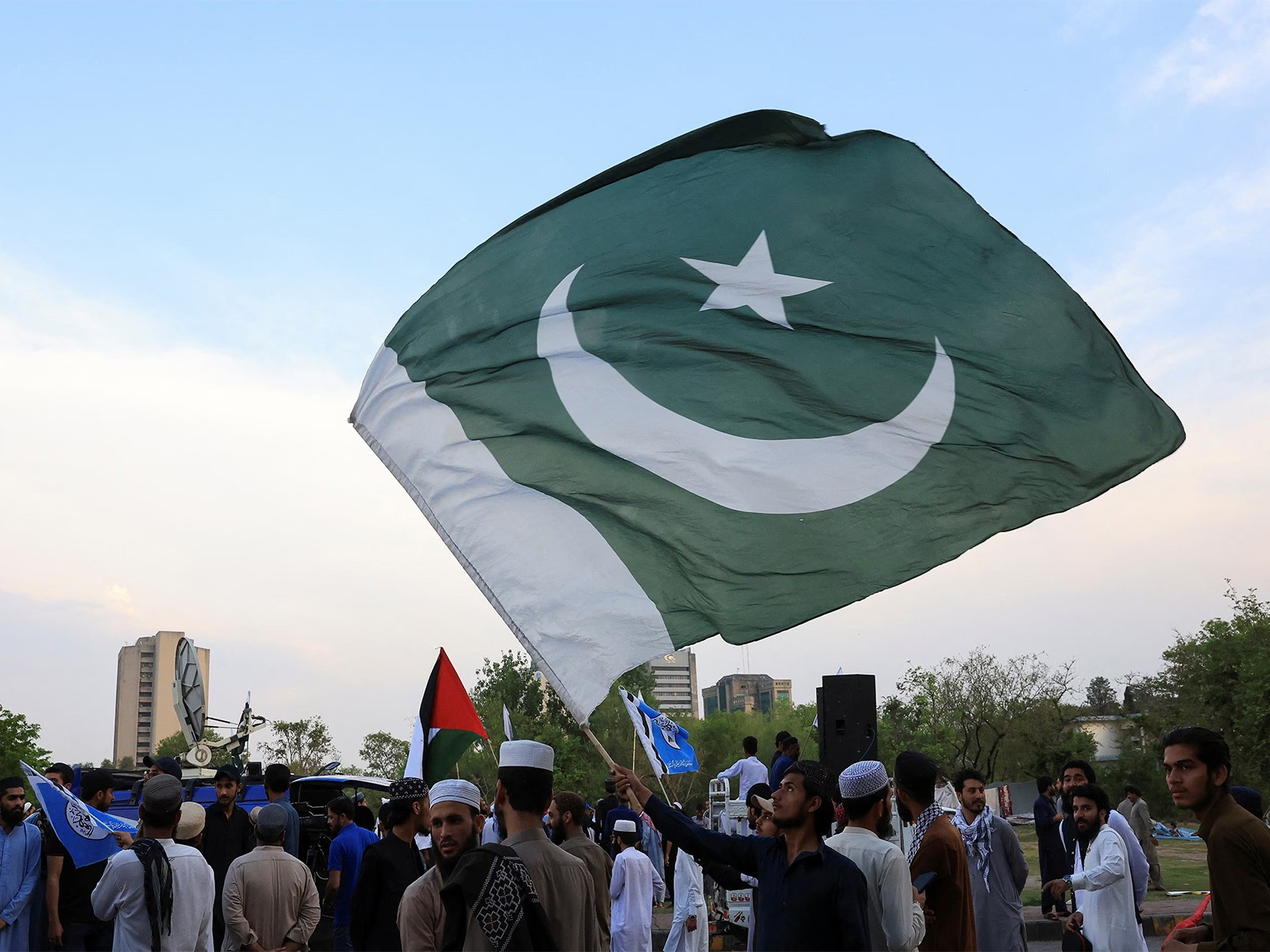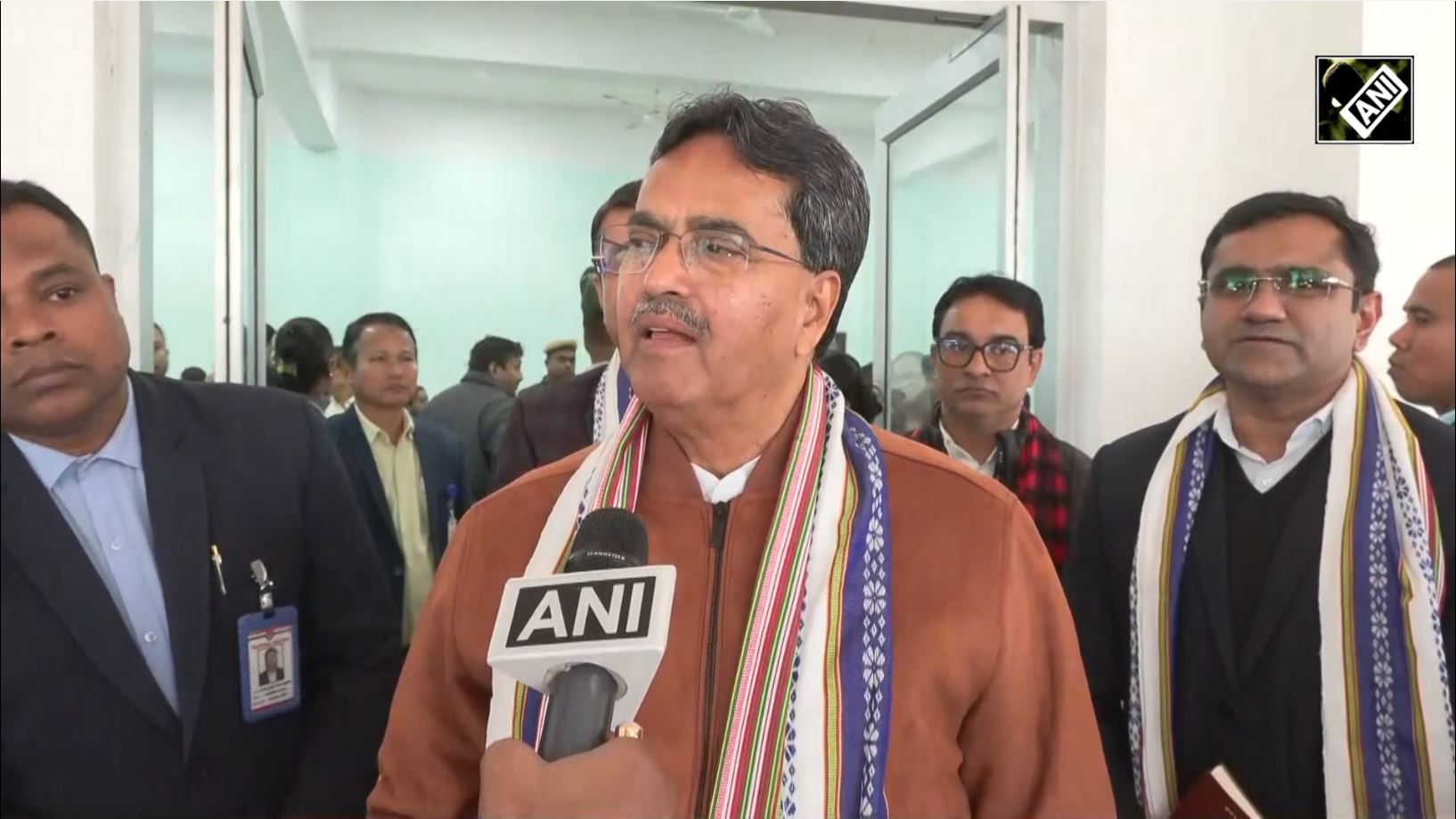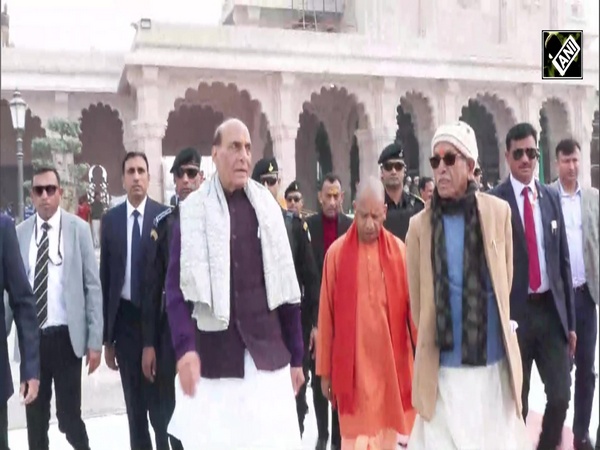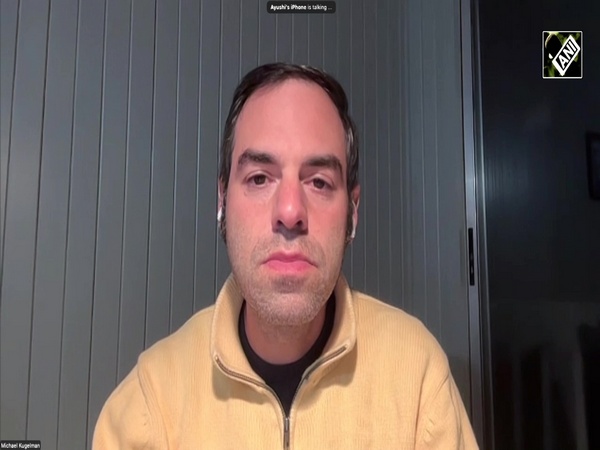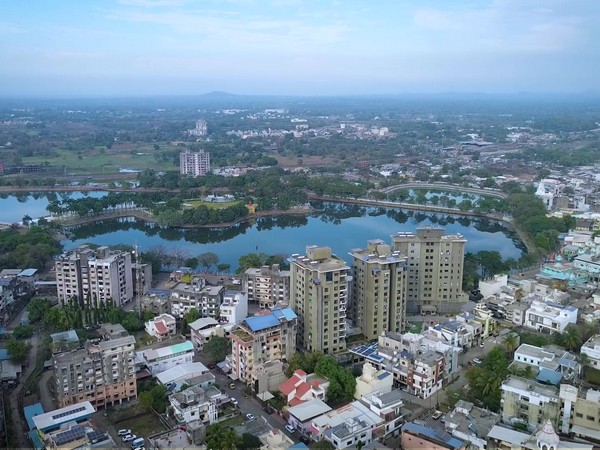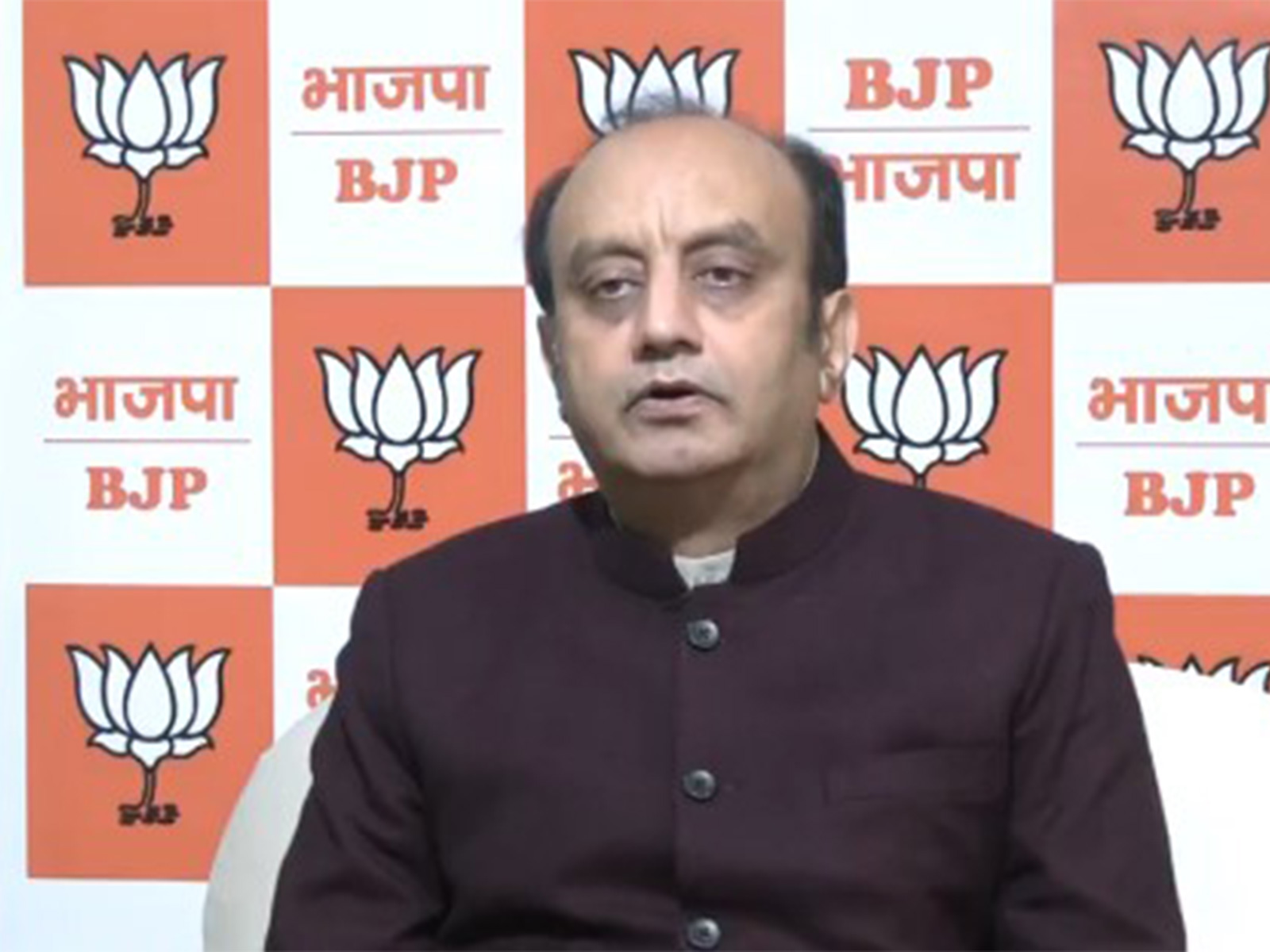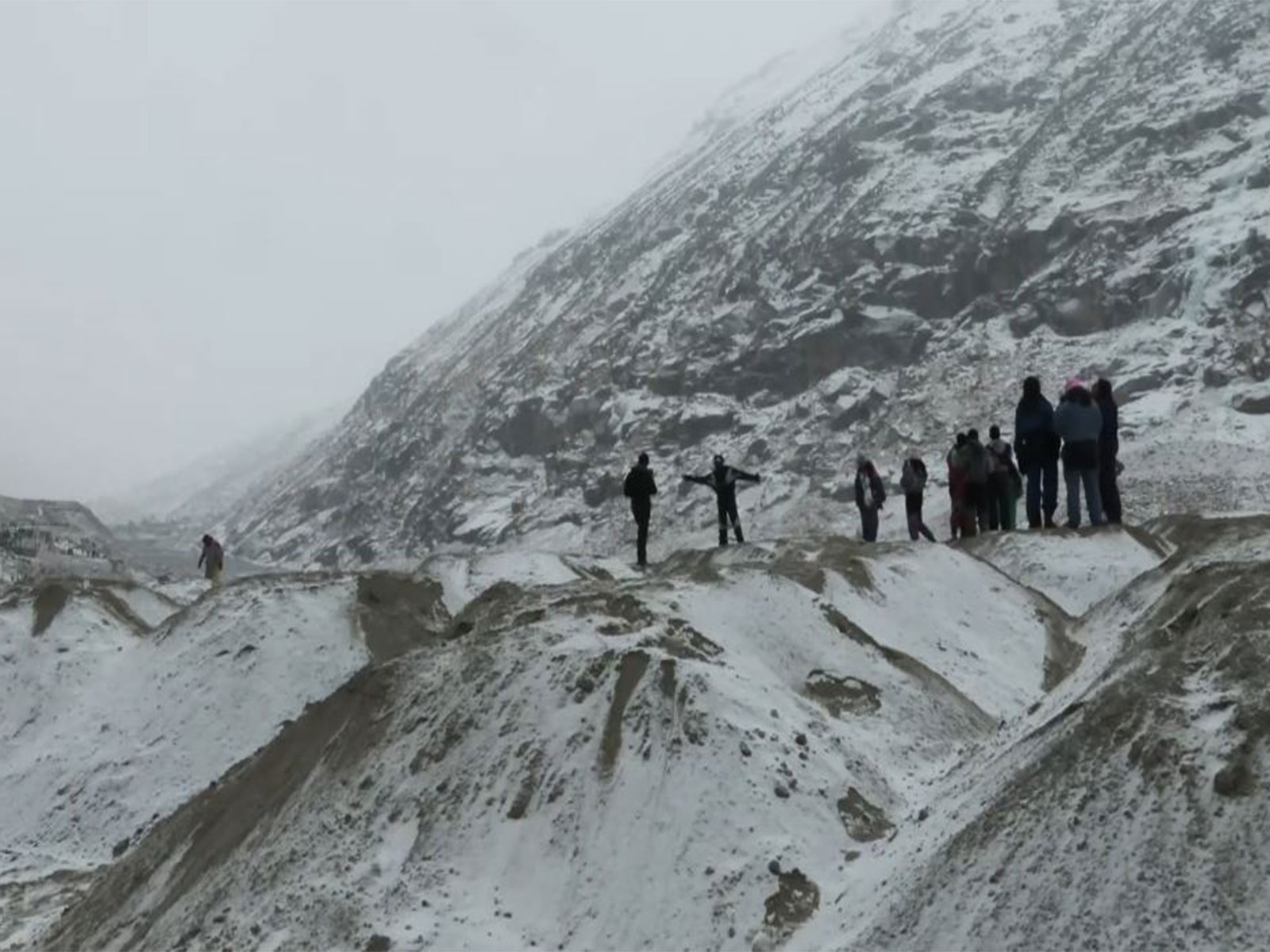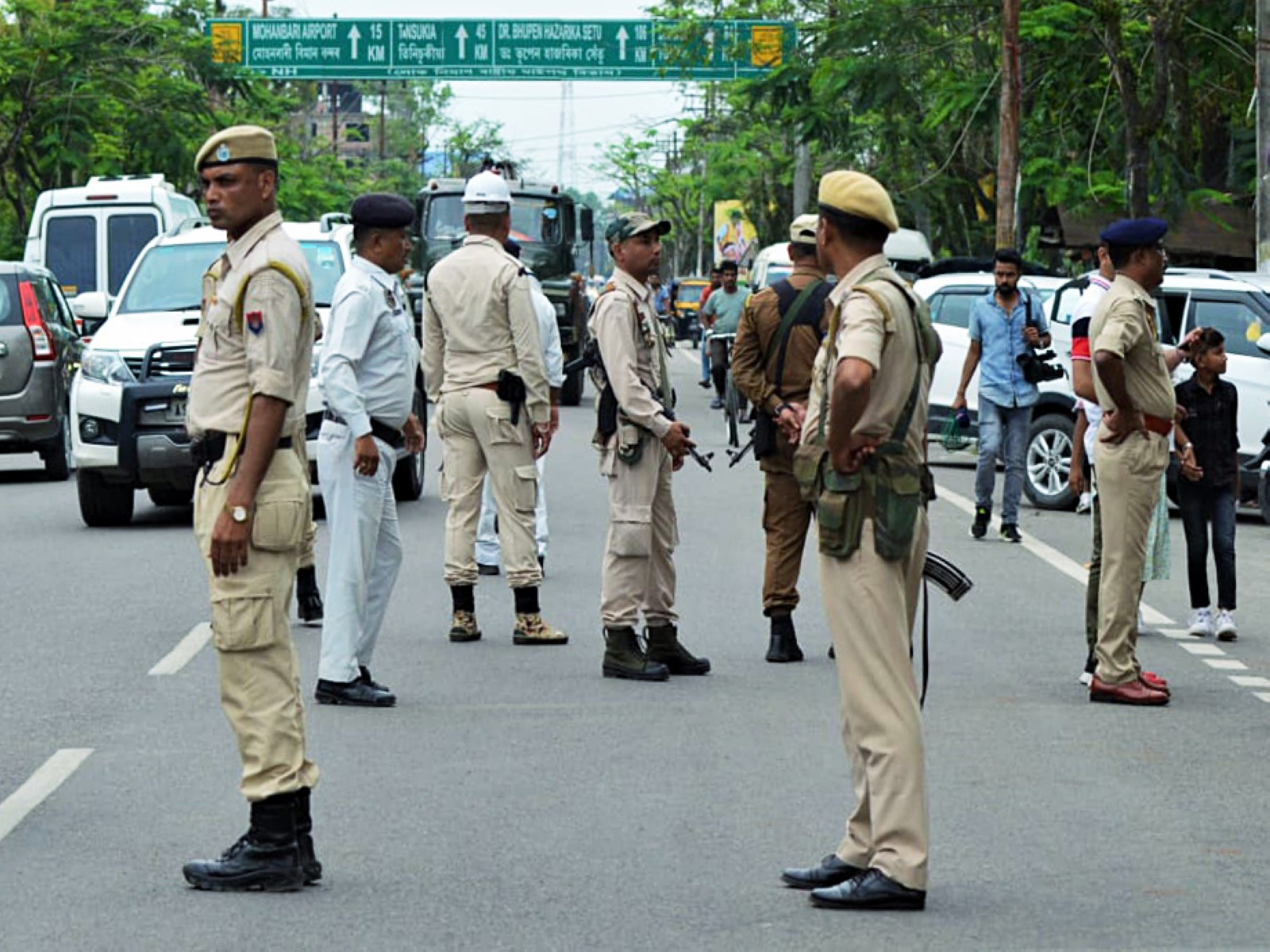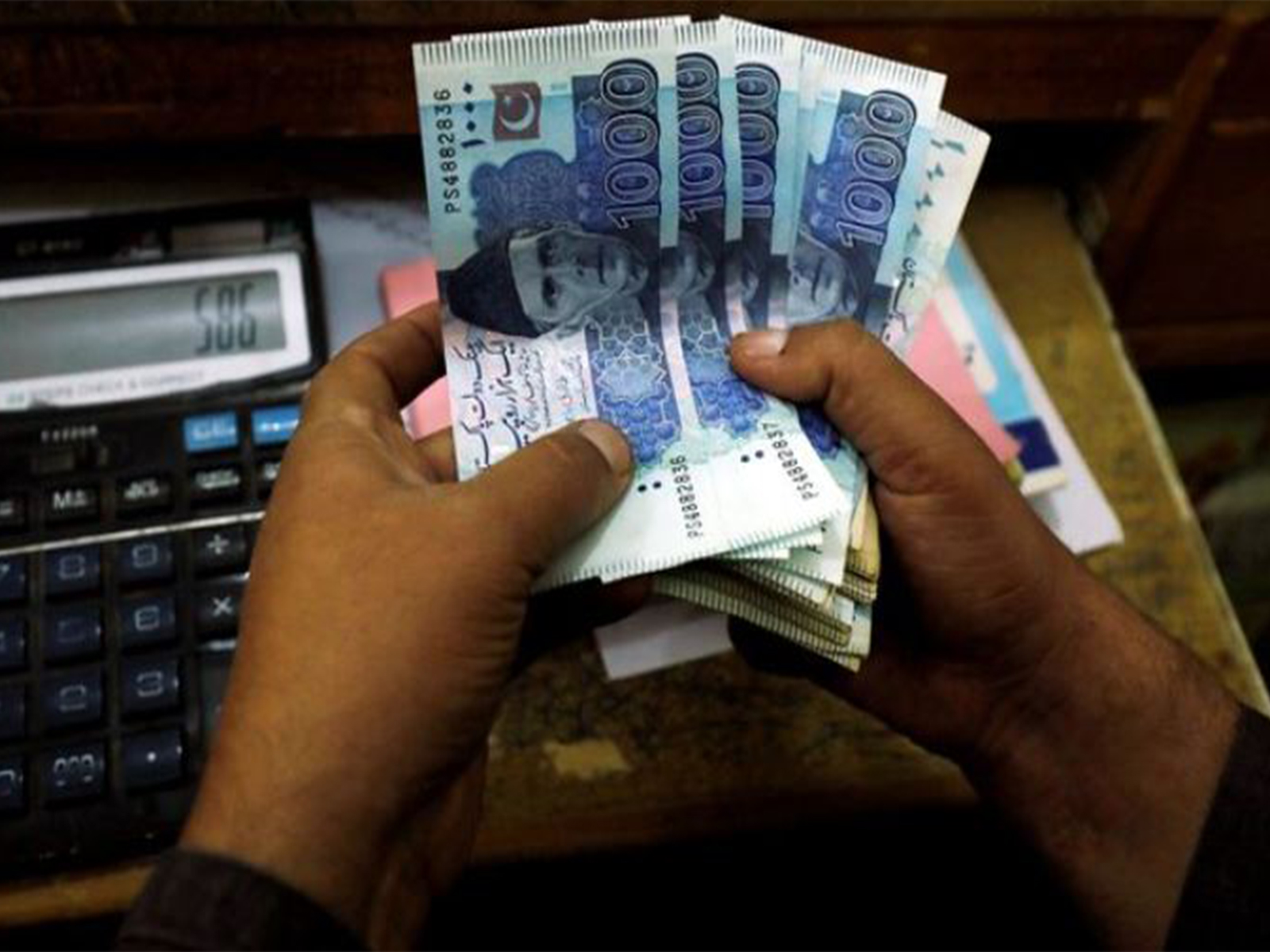
Decades of fiscal mismanagement push Pakistan toward economic collapse
Oct 17, 2025
Karachi [Pakistan], October 17 : Pakistan's fragile economy faces deep-rooted structural challenges that threaten long-term stability, warned the State Bank of Pakistan (SBP) in its Annual Report on the State of the Economy 2024-25.
The report highlights how persistent fiscal deficits, dwindling domestic savings, weak productivity, and repeated climate disasters have locked the country in a cycle of stagnation and dependency, as reported by The Express Tribune.
According to The Express Tribune, the SBP projects GDP growth between 3.25 per cent and 4.25 per cent for the fiscal year 2026, with inflation likely to stay in the 5-7 per cent range. The current account deficit is expected to remain around 0-1 per cent of GDP, indicating relative external stability.
Yet, the central bank warned that recent floods in Punjab and Khyber Pakhtunkhwa, which devastated vast agricultural lands, could trigger new supply chain disruptions and reignite inflation. While reconstruction spending may temporarily boost growth, it risks widening Pakistan's already precarious fiscal gap.
The SBP report identifies low domestic savings as one of Pakistan's most persistent weaknesses. Over the past two decades, savings have fallen to one of the lowest levels among developing economies. The report notes that "low income levels, fiscal imbalances, and weak financial intermediation" have stifled the capacity of citizens to save or invest productively. With consumption making up 92 per cent of GDP, Pakistan's growth remains consumption-driven and unsustainable, reliant on remittances and foreign borrowing rather than genuine economic productivity.
SBP expressed concern over Pakistan's "debt spiral," where government revenues barely cover interest payments, leaving little for social or development sectors.
Massive losses from inefficient state-owned enterprises, coupled with a banking system crowded out by public borrowing, have further restricted credit availability to the private sector. Adding to the challenge, nearly a third of Pakistanis remain outside the formal financial system, depending instead on informal mechanisms such as gold holdings, livestock, and rotating savings committees (ROSCAs).
Religious reservations toward interest-based banking and poor financial literacy continue to obstruct financial inclusion efforts, as cited by The Express Tribune.
The report summarised that Pakistan risks deeper economic marginalisation. With 65% of its population under 30 and poverty affecting nearly 44%, the SBP urged the government to prioritise education, skill-building, and technology investment to break free from the low-savings, high-debt cycle stifling national progress, as reported by The Express Tribune.

